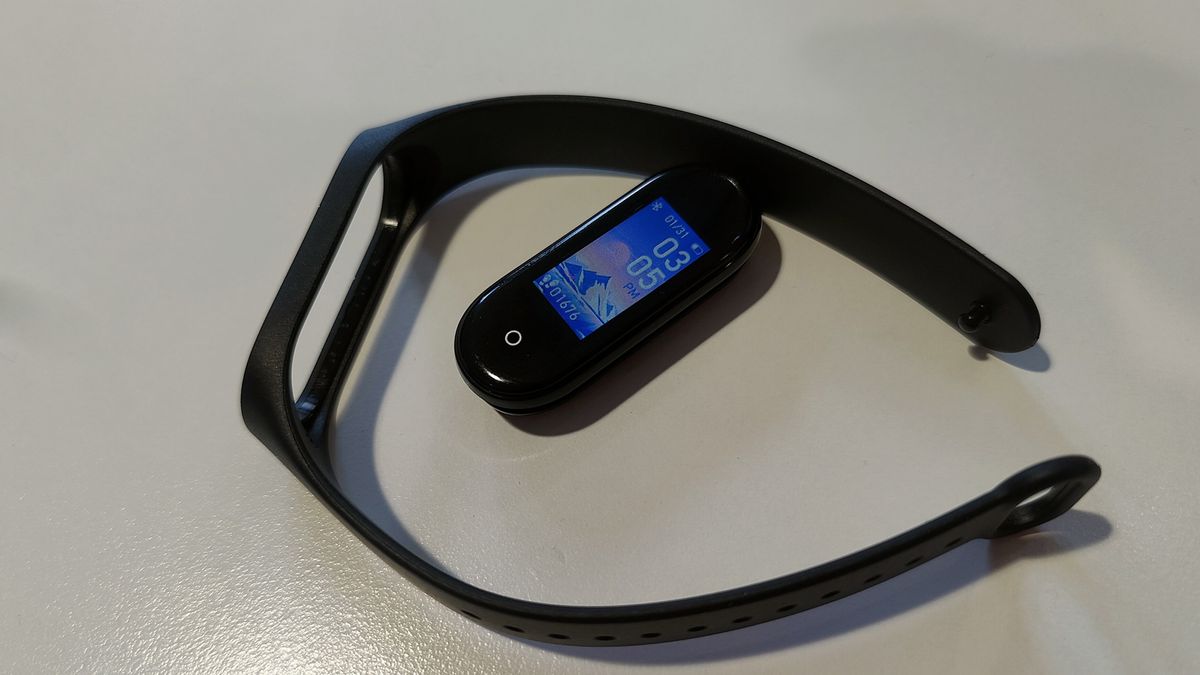of Amazon Prime Day Sales are almost upon us, and although the sales period won’t officially begin until Tuesday, July 16, some of the earliest Amazon Prime Day Smartwatch Deals are already live now.
Historically, Amazon Prime Day has been an opportunity to get Apple’s best watches, the best Garmin watchesbest running hours, or even best golf lessons at a significant discount, potentially saving you hundreds of dollars or pounds. Inexpensive fitness trackers are also in the mix, so you can choose a set like that Huawei Band 7 OR Fitbit Inspire 3 for a song.
However, the cheapest deals are always reserved for watches with names on Amazon like (and this is literally) “Men’s Women’s Smart Watch Answer/Make a Call 1.85″ Smart Watch Fitness Tracker with Heart Rate Blood Pressure Sleep Monitor 140+Sports Pedometer Watch Waterproof IP68 Compliant with Android IOS.” attractive.
The reason this smartwatch is so named is that it appears in more searches for those keywords, so a shopper searching for “heart rate fitness tracker” will find it further down the results list. I’m seeing an increased amount of these very cheap watches this year, even in the “suggested” entries when I search for keywords like “Apple Watch” or “Garmin Watch.”
Those keyword listings are working and Amazon doesn’t seem to be penalizing stores for system games so they should be bought. I suppose it makes sense: after all, the similarly priced $20 / £15 / AU$26 Casio F-91W is the best-selling watch in the world.
The big difference here is that the Casio F-91W is extremely reliable, as well as being extremely cheap. I won’t wax lyrical about it (you can read my love letter about it The Casio watch is the best $15 I’ve ever spent here), but I can tell you that these cheap smartwatches are not as reliable as the plain plastic Casio.
The answer/make call smartwatch for men for women is actually made by a company called AcclaFit, and I had the dubious pleasure of testing one last year as part of a “$20 Challenge” article. I was initially impressed with the number of features offered, but came to the conclusion that its lack of accuracy in most features made it almost unusable for anything other than a rough estimate.

I also tested a free fitness tracker, the Viido tracker, in a similar price range to a better Garmin watch and concluded that it was unusable. More than that, it was potentially dangerous, feeding people looking for accurate fitness metrics with false information.
Even if it doesn’t display your data correctly, it’s still sending your health data, possibly the most valuable set of data you could ever donate, to a server somewhere for undisclosed purposes. Most name-brand smartwatches have privacy policies that outline how your data is handled: Apple published a white paper on how it handles users’ health data, and even Google is subject to GDPR and other data protection legislation. data.
I hit a dead end when I tried to track down AcclaFit and Viido’s data privacy policies. Viido’s website was actually, funnily enough, flagged by my computer’s antivirus software, so I chose not to do any further research there. AcclaFit has no online presence beyond a Facebook group with about 20 followers. I went a little further by finding its apparent parent company, Shenzhen Wanchuangxing Technology Co., Ltd., and its Alibaba site, but I couldn’t find any information on its use of user data. It actually sells industrial manufacturing equipment as well as consumer-focused health trackers.
So if they’re borderline useless as wearables and potentially harmful when it comes to using your data, the bottom line is: don’t fall for it, even if they look like Apple Watches or Fitbits. Tell your less tech-savvy friends and family not to buy them if they’re thinking of doing so — even as gifts. Instead, check out the great deals on more useful devices and buy a tracker that’s actually good by spending a little more money.